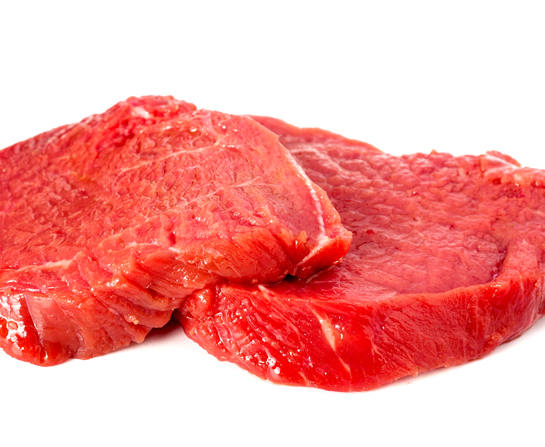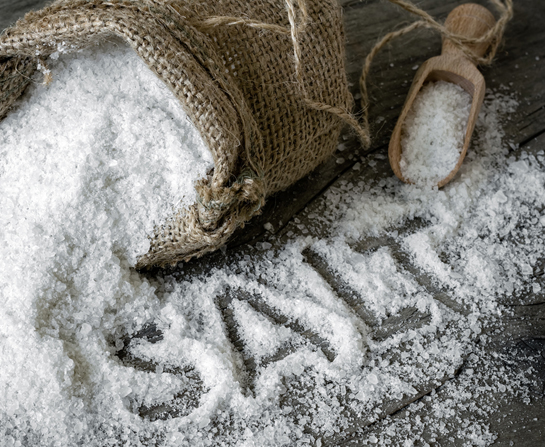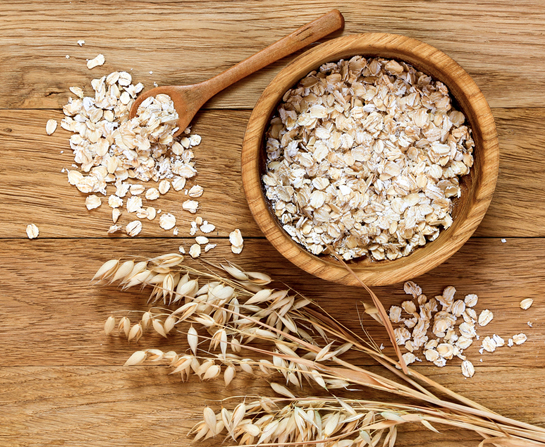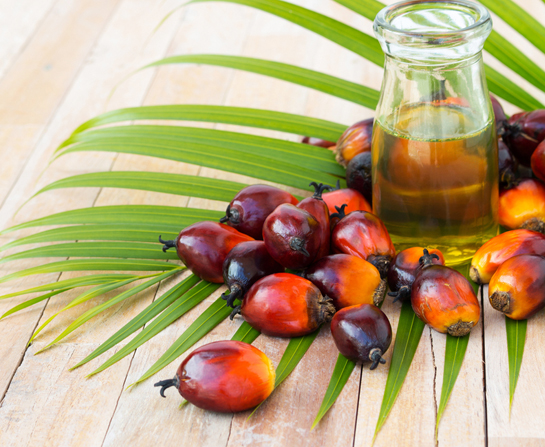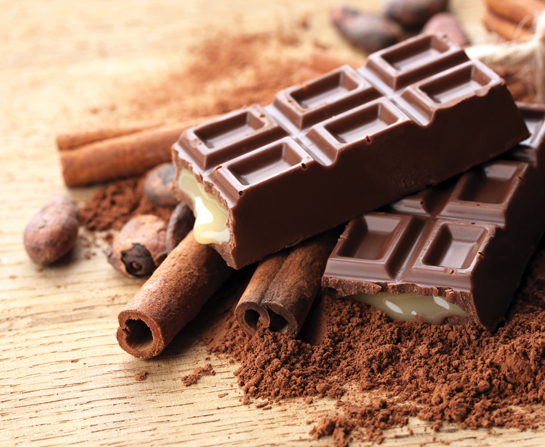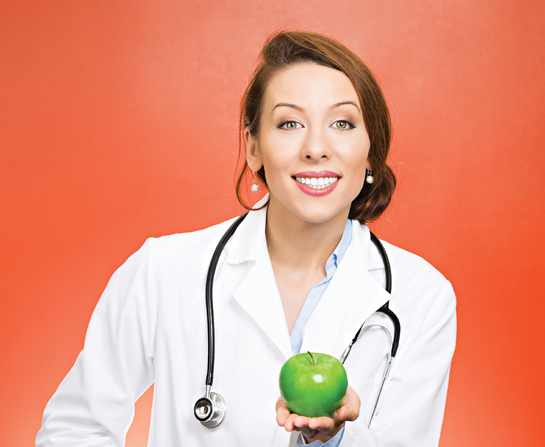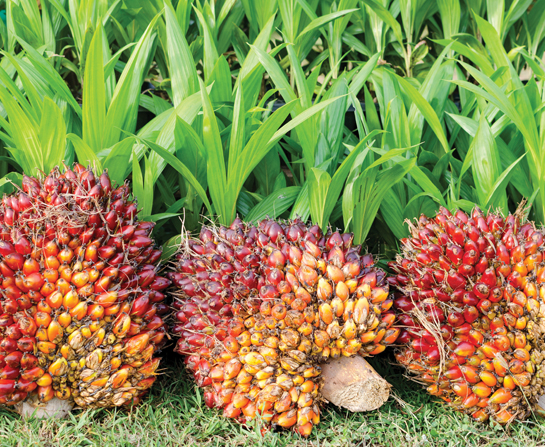Pumping Iron
May 2, 2022 Return
Pumping iron may be a part of your workout regimen to help you stay fit but did you know that there is another type of pumping going on in your body which is vital for your wellbeing? Every day, your body continuously pumps iron through the bloodstream. Why is iron so important, you may ask?
Why iron?
Iron is necessary for the production of haemoglobin, which is a component of red blood cells. To put it simply, haemoglobin is somewhat like a mode of transportation for carbon dioxide and oxygen. It picks up and carries oxygen from the lungs, and drops it off in the tissues. It then picks up carbon dioxide transporting it to the lungs where it is expired. But in the event that your body lacks iron, it becomes incapable of producing haemoglobin resulting in a condition known as anaemia.
Foods for Fighting Anaemia
But how do we keep your iron levels adequate to prevent – or in certain cases, treat – anaemia? For that, we need to look at the cause. Anaemia can either result from an imbalanced diet or a more severe health issue (eg, inflammatory bowel disease or stomach ulcer). If it is the former, an adequate intake of iron via diet and supplementation can do the trick.
Beetroot
The next time you whip up a salad or a smoothie, don’t forget to include some beetroot in there. Researchers found that anaemics who consumed beetroot experienced less sensitivity to cold and palpitations (anaemia symptoms) compared to anaemics who didn’t. The iron in beetroot aids in the repair and reactivation of RBCs. When RBCs are activated, oxygen supply to your entire body increases.
Tomato
Aside from beta-carotene, fiber and vitamin E, tomatoes are also jam-packed with vitamin C, a nutrient which aids iron absorption. According to experts, eating 1-2 raw tomatoes daily can up your vitamin C levels and subsequently, your iron levels.
Red Meat
Red meat (eg, beef and lamb) is a rich source of heme iron, a type of iron that is typically absorbed more quickly by your body. Incorporating red meat in your diet 2-3 times weekly can help tackle anaemia.
Whole grain bread
You may want to swap your white bread with whole grain bread because a slice of whole grain bread can provide roughly 6% of your daily iron requirement. Studies show that eating 2-3 slices of whole grain bread daily can up your iron levels.
Seafood
Oily fish (eg, salmon) and shellfish (eg, oysters) aren’t merely high in omega-3 fatty acids; they contain lots of iron too. In fact, 100g serving of oysters has as much as 7.2mg of iron.
What if it’s still insufficient?
Very often, we’re unable to obtain adequate amounts of iron from food. This is where supplementation comes in. Choose an iron supplement containing Fe3+ as this type is gentler on the digestive system. Unlike iron supplements with Fe2+, its side effects (eg, bloating and diarrhoea) are significantly less. For more details, speak to your healthcare professional.
References:
Cleveland Clinic. Available at http://my.clevelandclinic.org/
Eat Right. Available at www.eatright.org
MyHealthTips.in. Available at www.myhealthtips.in
Patient. Available at www.patient.info
WebMD. Available at www.webmd.com
If you like this article, do subscribe here.

